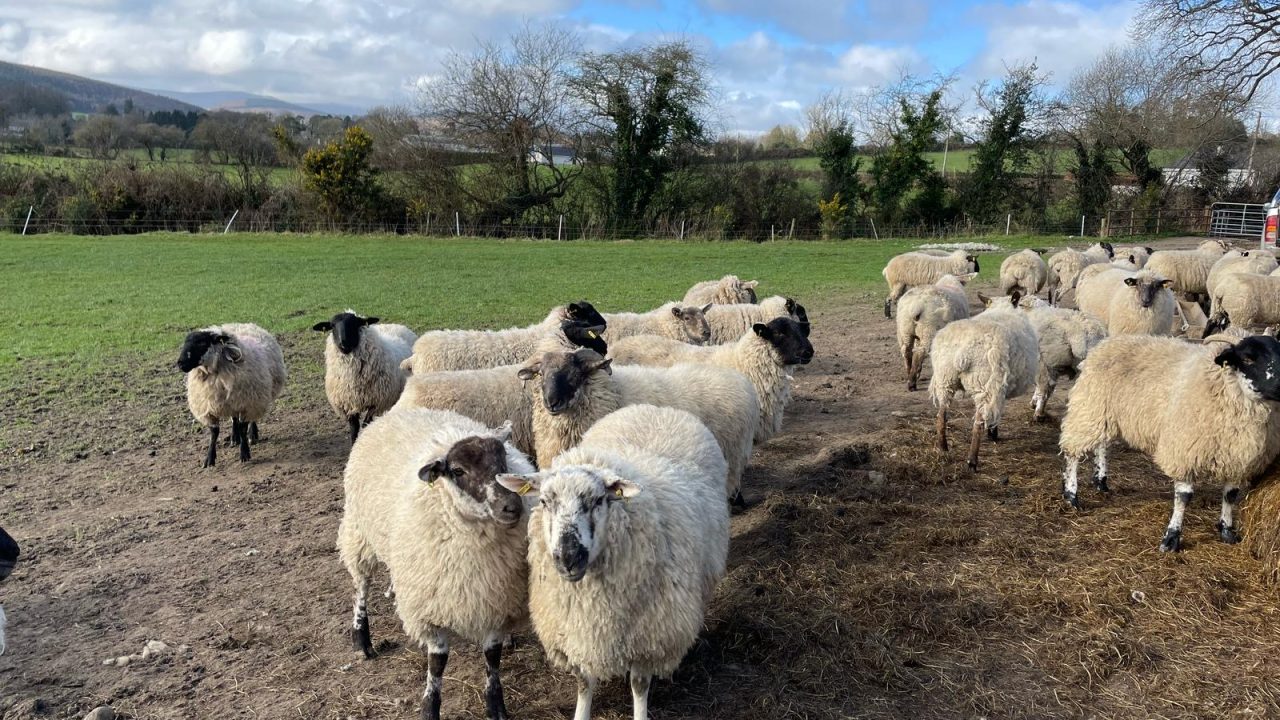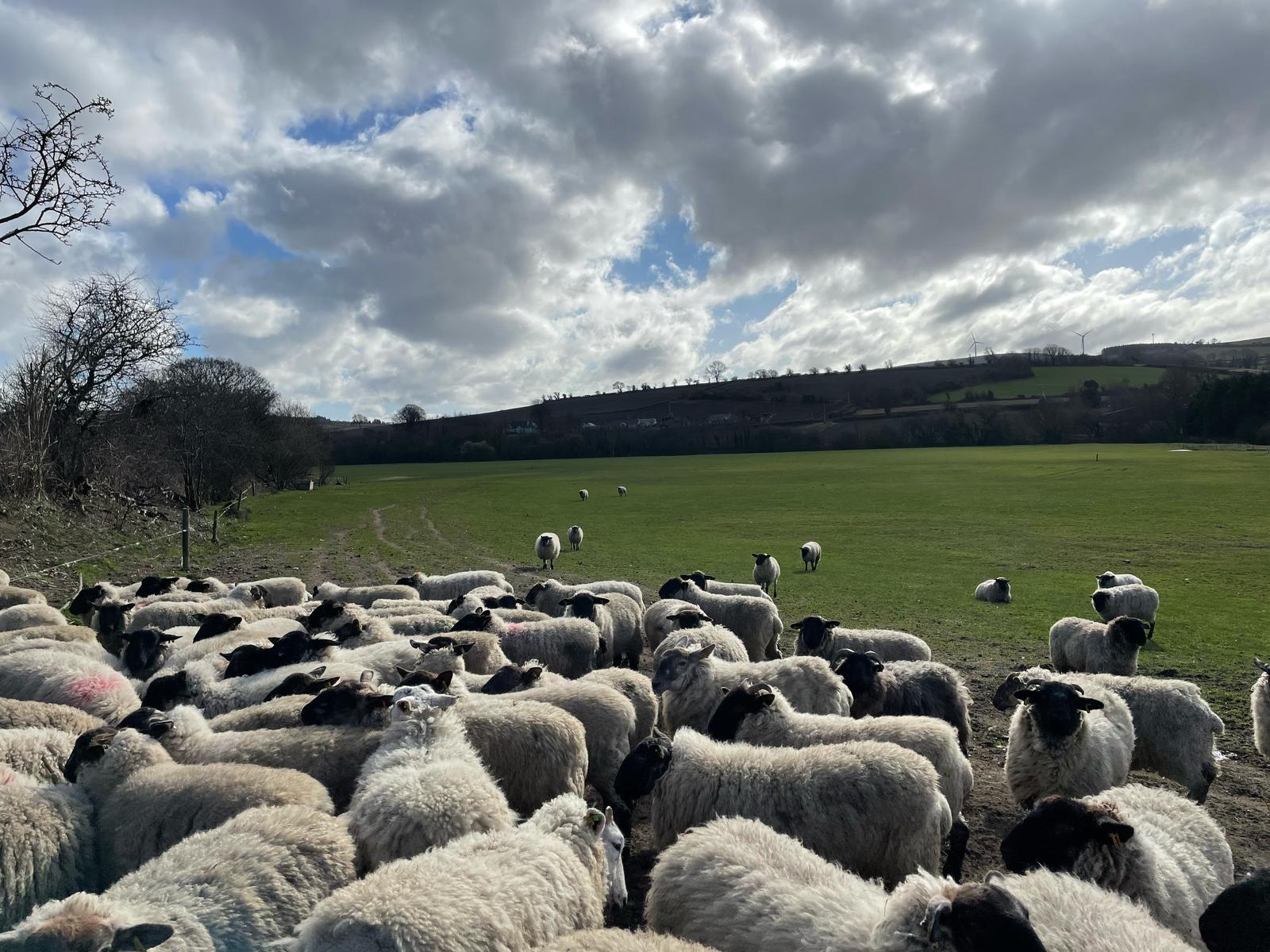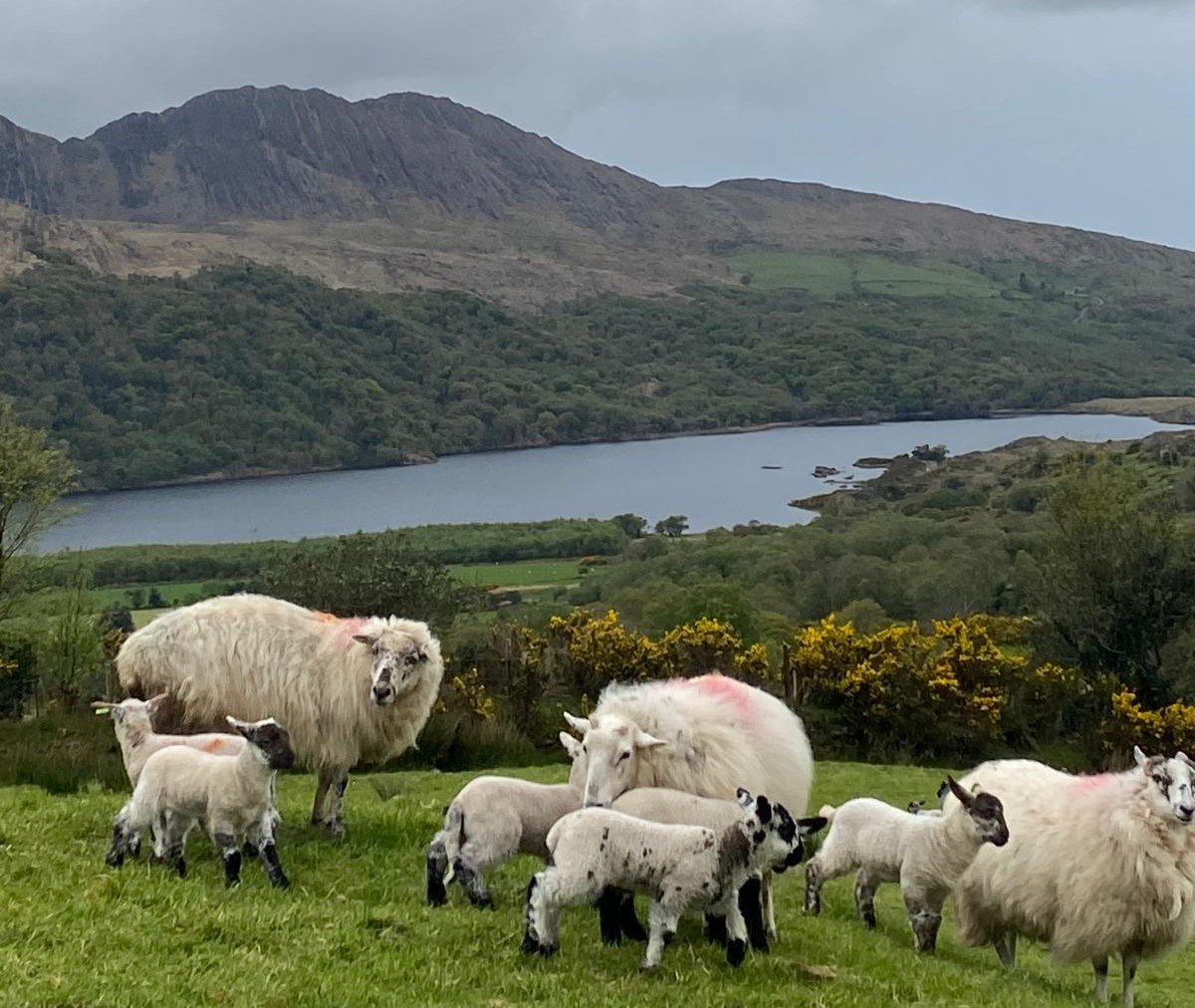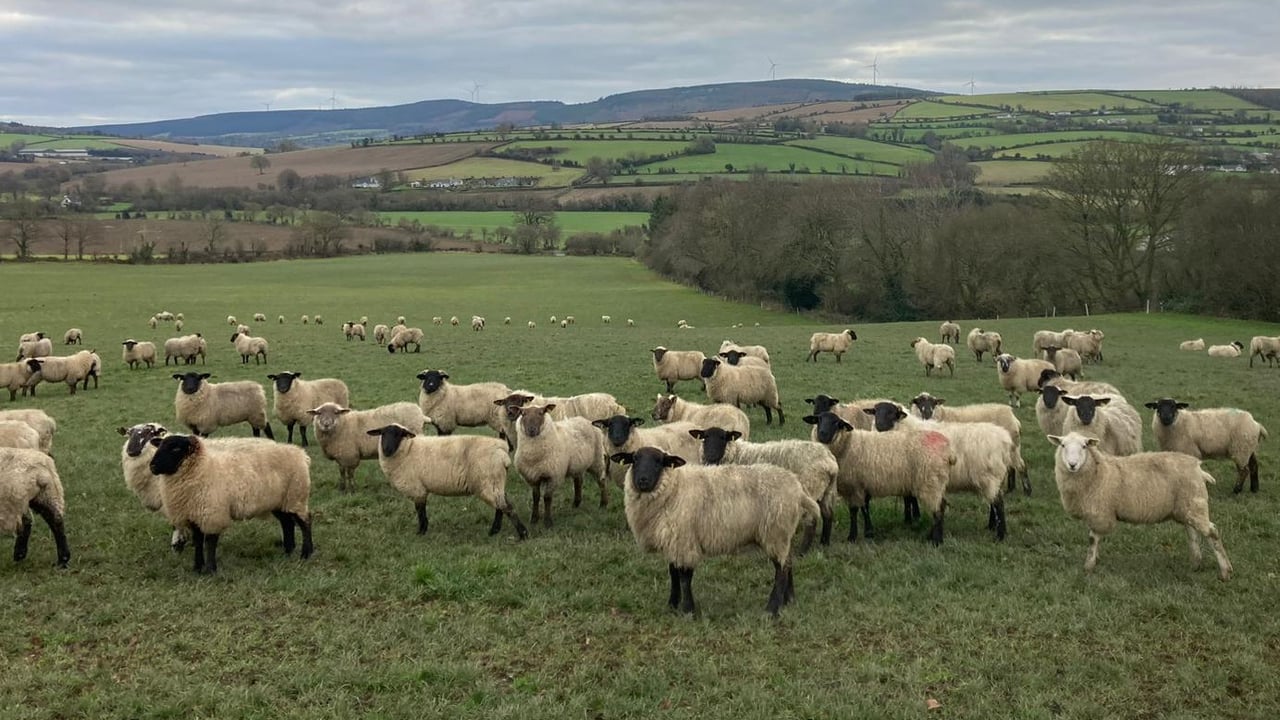Advantage Beef Programme

ABP Food Group's Advantage Beef Programme farm liaison officer Gavin Healy said: "So far, lambs have been drafted at an average weight of 52kg and are returning a carcass weight of 23.4kg.
"In terms of grades, 140 lambs came into the 'U' category with the rest of the bunch obtaining an 'R' grade. All lambs processed so far achieved a fat score of 3.
"The remaining lambs on the farm are at an average weight of 48kg and will be weighed weekly to draft for slaughter and to assess performance."
"At the moment, all lambs are still outdoors and are being fed 1kg/head/day of a high-energy lamb finisher nut."

Baled silage has been introduced to the store-lamb diet over the last few weeks to allow grass supplies to increase for the yearling cattle going to grass this spring.
All lambs will be finished off on the farm over the next few weeks.
"The store lambs have been an invaluable asset to the grassland management of the farm whilst also providing an additional enterprise over the past number of years," the ABP farm liaison officer said.

"The worry of carrying heavy grass covers through the winter has been completely eliminated alongside ensuring the availability of top-quality fresh grass to maximise the performance of the yearling cattle during the compensatory growth period," Healy added.
The sheep processor ICM originally launched its Lamb Sustainability Trial in collaboration with ABP Food Group 15 months ago.
The aim of the trial is to demonstrate the financial and environmental gains associated with using five-star terminal rams across a range of different family farm systems.
Amongst the 720 lambs brought onto the farm last August were a group of 150 lambs from the ICM Sustainability Trial.
This trial group were split between five-star sired lambs and conventionally-sired lambs - all from the same birth farm.

Healy explained: "A selection of these lambs were genotyped earlier in the year to put additional accuracy behind the data. A full performance breakdown will be made available when all lambs are processed."
Some 600 lambs are expected to be born into the trial across three farms over the coming weeks.
Each farm is hill-based and operates across different locations, production systems and breeds. Scanning rates on the farms are coming in around the 1.6 lambs/ewe mark.
Each lamb will be tagged and weighed at birth along with each individual date of birth being recorded.
